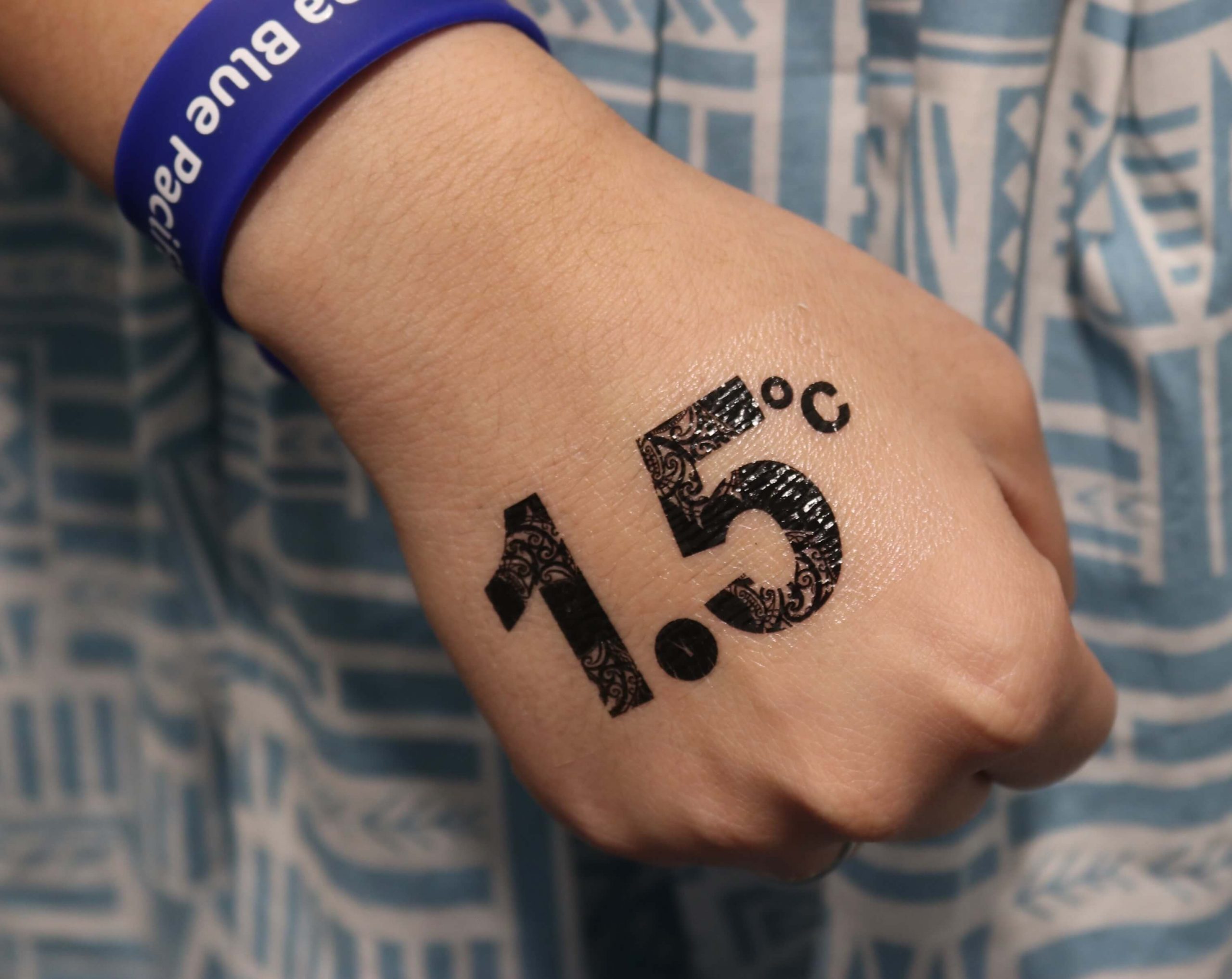Almost all the world’s governments have failed to improve their climate plans this year, breaking a promise made at last year’s climate summit in Glasgow, UK.
At Cop26, all countries agreed to “revisit and strengthen” their 2030 climate plans, to close the gap between national action and the temperature goals of the Paris Agreement.
September 23 was the cut-off date for inclusion in a UN Climate Change progress report and was highlighted as a deadline by Cop26 president Alok Sharma.
As that date passed, just 23 of the nearly 200 countries which signed the Glasgow agreement had submitted updated 2030 climate plans. Of these, most offered more policy detail rather than strengthening headline targets.
Of the major emitters, Australia stands out for significantly increasing ambition. The newly elected Labor government pushed up its 2030 target from 26-28 percent on 2005 levels to 43 percent, a similar level to other developed economies.
Climate Analytics CEO Bill Hare told a webinar last week: “The bottom line is there has been really little progress since Cop26. Politics and geopolitics is dominated by the illegal Russian invasion of Ukraine which then sent energy markets into turmoil but still, we feel countries should be moving ahead.”
He added: “There’s a massive emissions gap remaining and the IPCC assessment has been very clear that we do need to get down and close that gap if we have much of a chance of limiting warming to 1.5C.”
Climate Action Tracker estimates the gap to being on track for 1.5C of global warming is 17-20 billion tons of carbon dioxide equivalent a year by 2030.
At Cop26, Climate Action Tracker predicted the world was on course for 2.7C of global warming based on government policies.
If an optimistic scenario, in which governments implemented all their announced targets, global warming could be limited to 1.8C, they said. That latter forecast was echoed by the International Energy Agency.
In some areas, governments have gone backwards since Cop26, Hare said. “The Russian invasion of Ukraine has provoked a global energy crisis and the overflow from that is from my perspective we’re seeing the oil and gas industry really taking advantage of that and promoting massive gas developments particularly in Africa, Asia, Australia which will render the Paris agreement targets unachievable if implemented.”
Hare added that the European Union had encouraged this gas development by classifying gas as a green investment in its “sustainable taxonomy”. “That’s being used at a rhetorical level around the world to justify gas as green,” Hare said.
